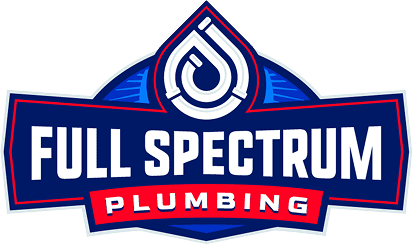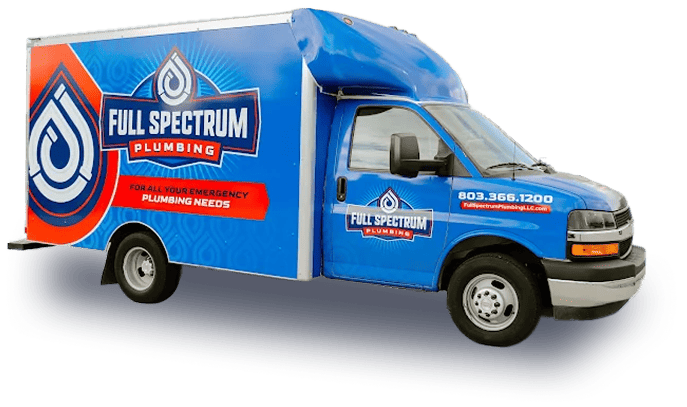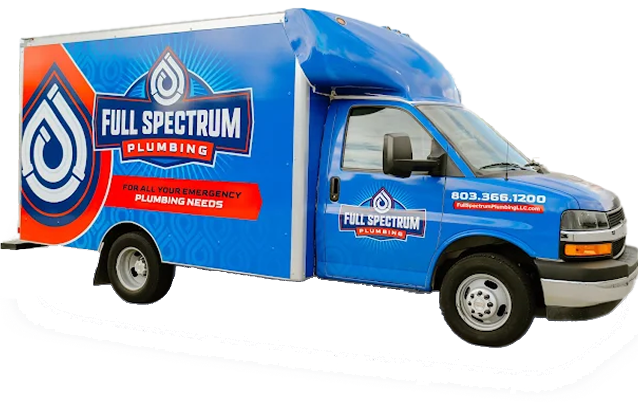Proudly Serving Rock Hill and Surrounding Areas
The Role of Bioremediation in Residential Plumbing: Turning Wastewater into Resources
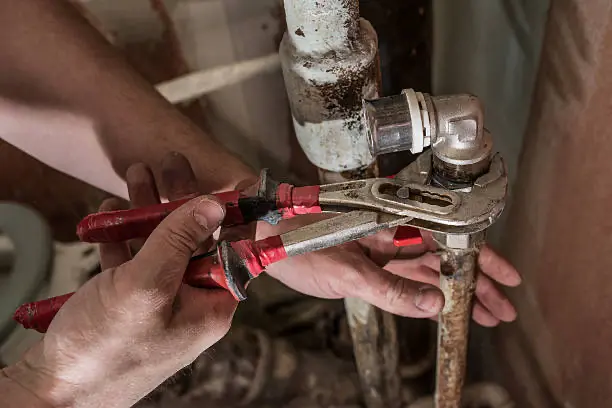
Imagine taking a glance down your drain and rather than seeing murky water disappearing into the abyss, you envision tiny warriors – microbes – hard at work. They’re not only cleaning the water but also converting it into a useful resource. No, this isn’t the plot of a science fiction movie but the exciting reality of bioremediation in residential plumbing.
At Full Spectrum Plumbing Services, we’re diving deep into this transformative process, ensuring that your home isn’t just eco-friendly but future-ready.
What is Bioremediation?
Bioremediation is a process that uses living organisms, mainly bacteria, fungi, and plants, to degrade or neutralize harmful pollutants from a contaminated site. Think of it as nature’s waste management system. For decades, this method has been employed to clean up oil spills, industrial wastewater, and even radioactive waste. And now, it’s paving its way into our homes.
Bioremediation in Residential Plumbing: How Does It Work?
Your residential plumbing system deals with a myriad of waste products every day, from food particles to cleaning agents. Typically, this wastewater would end up in sewage treatment plants, but with the introduction of bioremediation, the story changes dramatically.
Bioremediation uses specially selected microbes that feast on the organic waste in your plumbing. These microscopic heroes break down pollutants, transforming wastewater into simpler, harmless substances like water, carbon dioxide, and even resources that can be reused.
The Benefits: Beyond Clear Pipes
- Environmentally Friendly: Bioremediation reduces the strain on sewage treatment plants, leading to less environmental pollution. Fewer chemicals are released into water bodies, ensuring our rivers and oceans stay cleaner and healthier.
- Cost-effective: Using bioremediation reduces the need for frequent plumbing maintenance. The “clean-as-they-go” microbes prevent blockages, reducing potential costly repair bills.
- Resource Recovery: One of the most promising prospects of bioremediation is the potential to turn waste into valuable resources. For example, certain bacteria can produce biogas (a mix of methane and carbon dioxide) which can be harnessed as a renewable energy source. Your wastewater could, in essence, power your home in the future!
Integrating Bioremediation in Your Home
At Full Spectrum Plumbing Services, we are at the forefront of integrating bioremediation into residential plumbing systems. Our approach is simple:
- Assessment: We inspect your current plumbing system to understand the type of waste most frequently encountered. This helps us select the best-suited microbes for the job.
- Integration: Our team ensures that the bioremediation process is smoothly integrated into your current system, with minimal disruptions to your daily life.
- Maintenance and Monitoring: While bioremediation reduces maintenance needs, regular check-ups ensure everything runs optimally. We ensure that the microbial balance is maintained for consistent results.
Additional Questions That You Might Be Curious About
What Is Bioremediation Process For Sewage Treatment?
- Bioremediation is a process that utilizes natural organisms, predominantly bacteria and fungi, to break down harmful contaminants in sewage, turning them into harmless by-products.
- This is an eco-friendly method as it minimizes the use of chemicals in sewage treatment, making the entire process more sustainable.
- The microorganisms consume organic matter in the sewage, converting it into carbon dioxide, water, and biomass, effectively cleaning the water.
Which Bioremediation Method Is Used For Groundwater Contamination?
- The most common method used for groundwater contamination is In Situ Bioremediation.
- Here’s how it works:
- Contaminated groundwater is treated right where it is found (in situ means “in place”).
- Oxygen and nutrients are often pumped into the groundwater to stimulate the growth of naturally occurring bacteria.
- These bacteria then consume and break down contaminants, purifying the groundwater in the process.
What Are The Applications Of Bioremediation In Water?
Bioremediation has vast applications in treating water, such as:
- Sewage Treatment: As previously discussed, bioremediation processes can be employed to treat sewage, converting pollutants into non-toxic substances.
- Industrial Wastewater Treatment: Industries often produce wastewater with hazardous chemicals. Bioremediation can be used to treat such wastewater, making it safe for discharge.
- Oil Spill Cleanup: Microorganisms can break down oil, making bioremediation an effective method for treating water bodies affected by oil spills.
- Agricultural Runoff Treatment: Fertilizers and pesticides can contaminate water sources. Bioremediation techniques can treat these contaminants, ensuring safe water for ecosystems and human consumption.
What Contaminants Can Be Treated With Bioremediation?
The potential of bioremediation is vast. Here are some contaminants it can address:
- Organic Pollutants: Such as oils, solvents, and some types of pesticides and fertilizers.
- Heavy Metals: Certain bacteria can absorb metals like lead, mercury, and arsenic, thus purifying the water.
- Pathogens: Harmful bacteria and viruses present in sewage can be eliminated through bioremediation.
- Radioactive Contaminants: Some specific bacteria can absorb and concentrate radioactive substances, making it easier to extract and safely dispose of them.
The magic of bioremediation in residential plumbing is that it transforms a once cumbersome and environmentally taxing process into a more streamlined and eco-friendly one. As our understanding of bioremediation continues to grow, it opens up new opportunities for residential plumbing systems to be part of the solution to environmental challenges.
Imagine a world where every drop of water that goes down our drains finds its way back into the system, cleansed, and purified by the magic of nature’s own cleaners. This is not a distant reality but an achievable goal, thanks to bioremediation. The process not only ensures a sustainable supply of water but also plays a significant role in maintaining the health of our environment.
In conclusion, bioremediation is more than just a wastewater treatment method. It’s an embodiment of the harmony that can exist between humanity’s needs and nature’s processes. By embracing and integrating bioremediation into residential plumbing systems, we can ensure that wastewater is no longer viewed as waste but rather as a resource waiting to be tapped.
It’s Time to Harness Nature’s Power with Full Spectrum Plumbing Services!
Let’s redefine the future of residential plumbing systems together. At Full Spectrum Plumbing Services, we’re pioneering the integration of bioremediation technology into everyday plumbing solutions. Not only do we offer conventional plumbing services, but we also provide environmentally responsible and innovative solutions to wastewater management.
By choosing us, you’re not just opting for a service but contributing to a sustainable and eco-friendly future. So why wait? Let’s turn wastewater into a resource. Contact Full Spectrum Plumbing Services today!
[/fusion_text][/fusion_builder_column][/fusion_builder_row][/fusion_builder_container]
Recent Posts
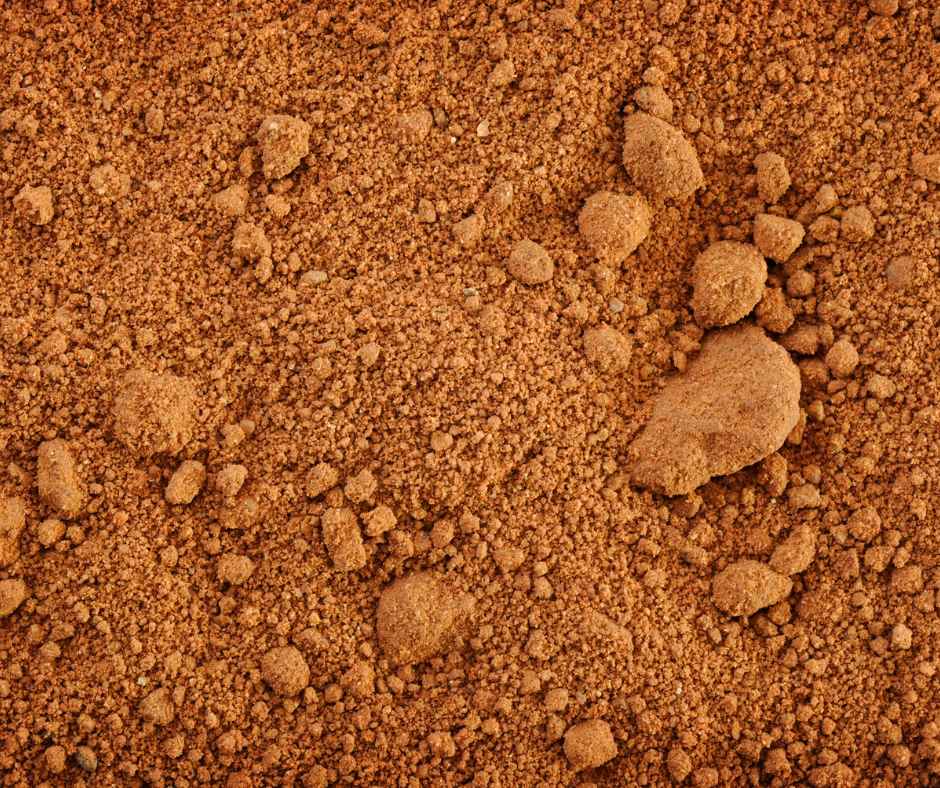
The Hidden Effects of Carolina Clay Soil on Your Sewer Line

Common Plumbing Problems Charlotte Homeowners Face Each Year

How Charlotte NC Residents Can Protect Their Homes From Winter Pipe Damage
Have a Question?
